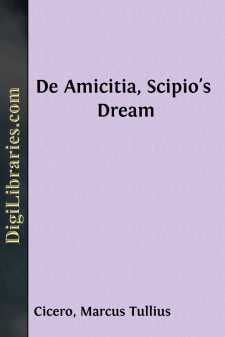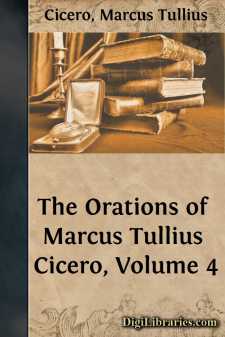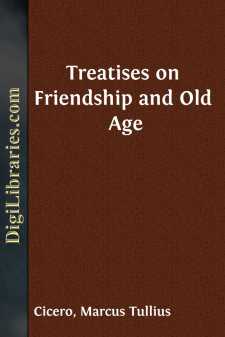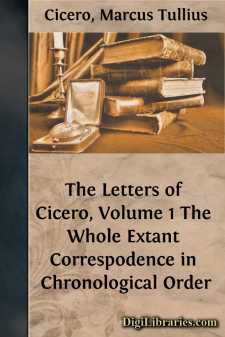Categories
- Antiques & Collectibles 13
- Architecture 36
- Art 48
- Bibles 22
- Biography & Autobiography 813
- Body, Mind & Spirit 142
- Business & Economics 28
- Children's Books 15
- Children's Fiction 12
- Computers 4
- Cooking 94
- Crafts & Hobbies 4
- Drama 346
- Education 46
- Family & Relationships 57
- Fiction 11828
- Games 19
- Gardening 17
- Health & Fitness 34
- History 1377
- House & Home 1
- Humor 147
- Juvenile Fiction 1873
- Juvenile Nonfiction 202
- Language Arts & Disciplines 88
- Law 16
- Literary Collections 686
- Literary Criticism 179
- Mathematics 13
- Medical 41
- Music 40
- Nature 179
- Non-Classifiable 1768
- Performing Arts 7
- Periodicals 1453
- Philosophy 64
- Photography 2
- Poetry 896
- Political Science 203
- Psychology 42
- Reference 154
- Religion 513
- Science 126
- Self-Help 84
- Social Science 81
- Sports & Recreation 34
- Study Aids 3
- Technology & Engineering 59
- Transportation 23
- Travel 463
- True Crime 29
De Amicitia, Scipio's Dream
Categories:
Description:
Excerpt
DE AMICITIA.
The De Amicitia, inscribed, like the De Senectute, to Atticus, was probably written early in the year 44 B.C., during Cicero's retirement, after the death of Julius Caesar and before the conflict with Antony. The subject had been a favorite one with Greek philosophers, from whom Cicero always borrowed largely, or rather, whose materials he made fairly his own by the skill, richness, and beauty of his elaboration, Some passages of this treatise were evidently suggested by Plato; and Aulus Gellius says that Cicero made no little use of a now lost essay of Theophrastus on Friendship.
In this work I am especially impressed by Cicero's dramatic power. But for the mediocrity of his poetic genius, he might have won pre-eminent honor from the Muse of Tragedy. He here so thoroughly enters into the feelings of Laelius with reference to Scipio's death, that as we read we forget that it is not Laelius himself who is speaking. We find ourselves in close sympathy with him, as if he were telling us the story of his bereavement, giving utterance to his manly fortitude and resignation and portraying his friend's virtues from the unfading image phototyped on his own loving memory. In other matters too Cicero goes back to the time of Laelius and assumes his point of view assigning to him just the degree of foresight which he probably possessed and making not the slightest reference to the very different aspect in which he himself had learned to regard and was wont to represent the personages and events of that earlier period. Thus while Cicero traced the downfall of the republic to changes in the body politic that had taken place or were imminent and inevitable when Scipio died he makes Laelius perceive only a slight though threatening deflection from what had been in the earlier time [Footnote 1]. So too though Cicero was annoyed more than by almost any other characteristic of his age by the prevalence of the Epicurean philosophy and ascribed to it in a very large degree the demoralization of men in public life with Laelius the doctrines of this school are represented as they must have been in fact as new and unfamiliar. In time Laelius is here made to say not a word which he being the man that he was and at the date assumed for this dialogue might not have said himself; and it may be doubted whether a report of one of his actual conversations would have seemed more truly genuine.
This is a rare gift often sought indeed yet sought in vain not only by dramatists who have very [Footnote 1 Deflexit jam aliquantul im] seldom attained it but by authors of a very great diversity of type and culture. One who undertakes to personate a character belonging to an age not his own hardly ever fails of manifest anachronisms. The author finds it utterly impossible to fit the antique mask so closely as not now and then to show through its chinks his own more modern features, while this form of internal evidence never fails to betray an intended forgery however skilfully wrought. On the other hand there is no surer proof of the genuineness ot a work purporting to be of an earlier but alleged to be of a later origin than the absence of all tokens of a time subsequent to the earliest date claimed for it....





